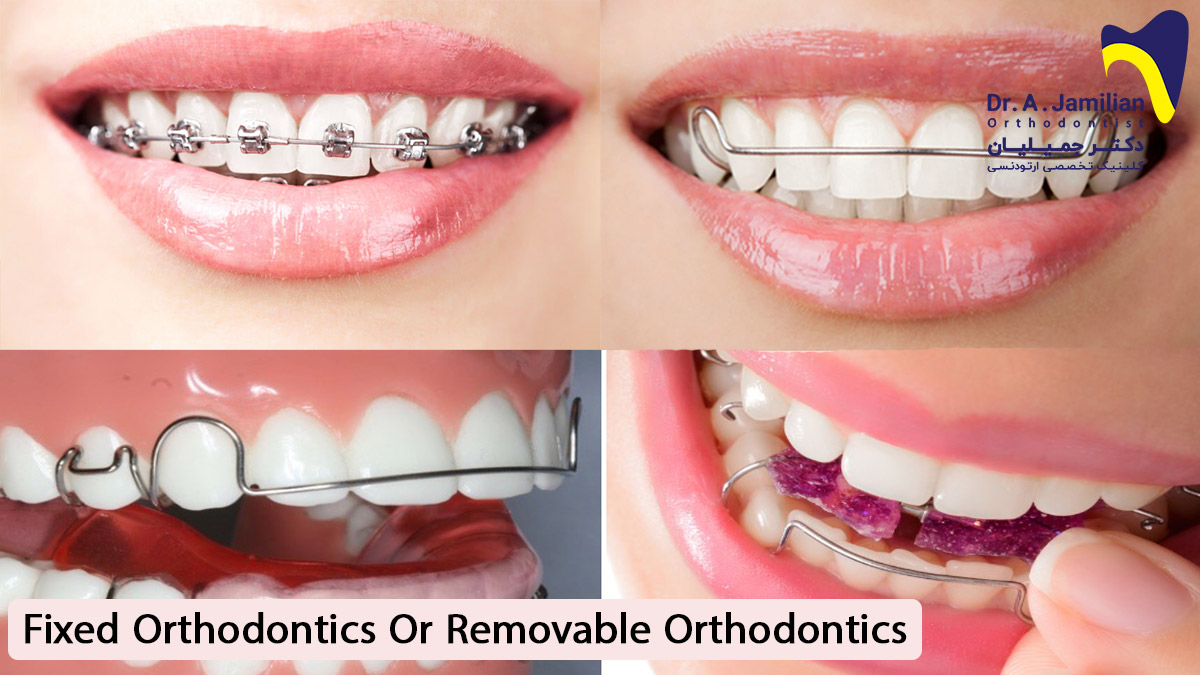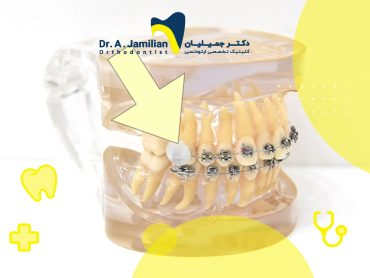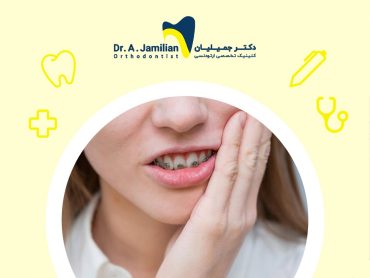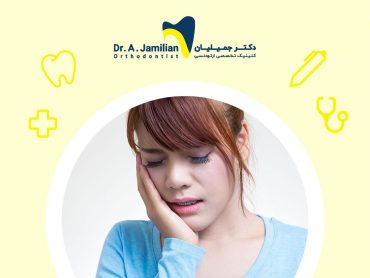You undoubtedly know more or less about orthodontics and its role in aligning and leveling crowded and crooked teeth. Orthodontic treatments can bring you aligned and leveled teeth and a more beautiful smile. Two primary orthodontics methods include fixed and removable orthodontics. It is necessary to know the differences between fixed and removable orthodontics to choose the best orthodontic treatment.
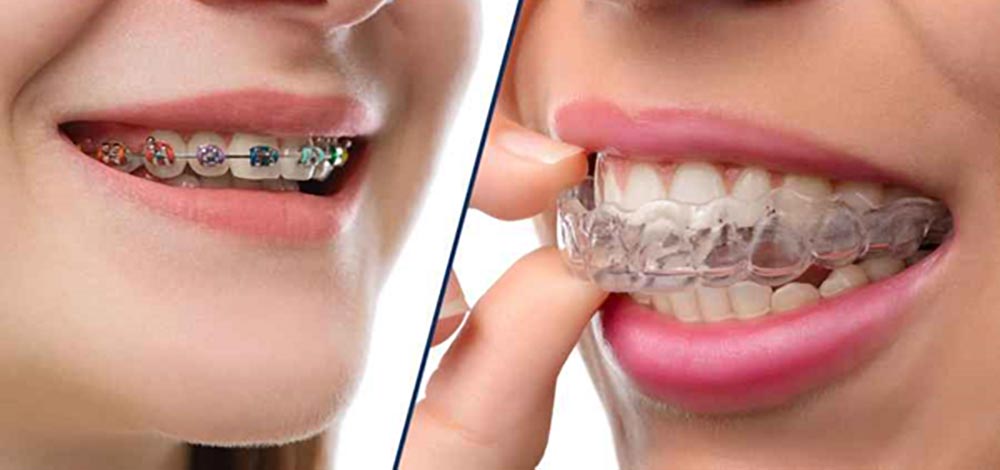
Differences between fixed and removable orthodontics
In fixed orthodontics, dental brackets are permanently attached to teeth to return the teeth to their natural position gradually. Interestingly, fixed orthodontics can even correct the position of the tooth root. Fixed orthodontics is usually used to treat patients with more severe and complicated malocclusions or maxillofacial abnormalities. Orthodontic treatments naturally take longer in adults whose jaws have entirely grown. Hence, orthodontists usually recommend patients use fixed orthodontic appliances to quickly achieve the desired therapeutic results (i.e., aligned teeth and a more beautiful smile design).
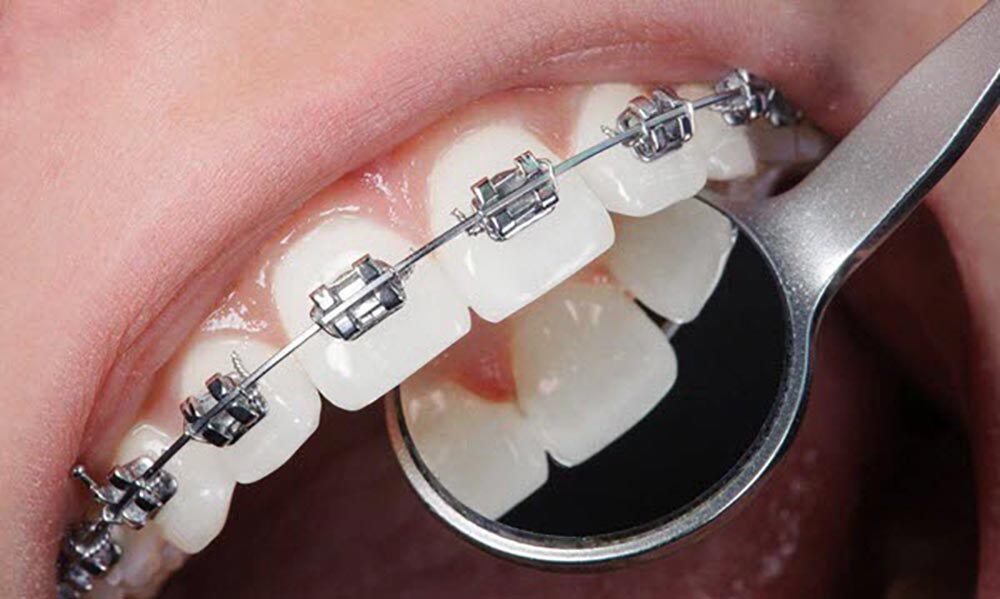
Removable orthodontics is usually applied for children and adolescents. Removable orthodontic treatment can help such patients to achieve the desired therapeutic result quickly. The maxillomandibular stability of adults prevents removable orthodontics from achieving the intended therapeutic result.
In removable orthodontics, teeth are molded, and customized retainers are then fabricated for the mandible and the maxilla. The patient can remove the retainers at times determined by the orthodontist.
The patients treated with fixed orthodontics may experience some pain for a few days due to the pressure applied to teeth by orthodontic archwires and brackets.
Advantages of orthodontic procedures over each other
It is noteworthy that fixed and removable orthodontic treatments cannot be compared with each other because each method has its features and advantages and is used for patients of specific age groups. The orthodontist chooses the best treatment for dental aligning and leveling based on the patient’s conditions.
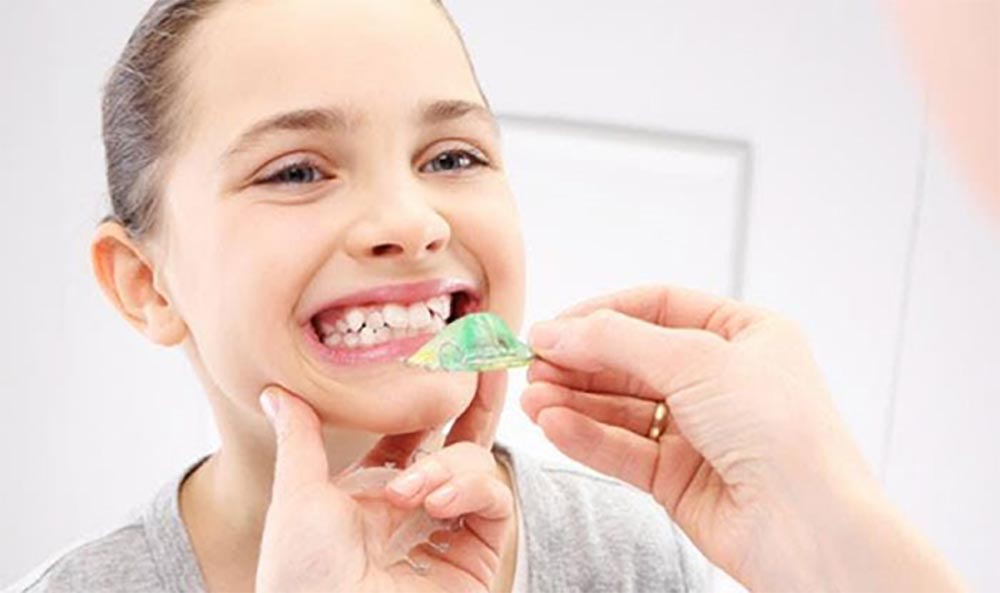
The orthodontist determines what type of orthodontics must be used by patients and clients. The orthodontist easily chooses the best orthodontic method to quickly achieve the best therapeutic results taking into account the patient’s conditions and the type of malocclusions.
Which type of orthodontics makes for better oral hygiene?
The comparison of fixed and removable orthodontics shows that patients who use a removable orthodontic appliance more easily observed oral hygiene. A removable orthodontic appliance allows quickly brushing and flossing teeth. In other words, patients who use removable orthodontic appliances are less exposed to oral diseases and can observe oral hygiene more effectively.
